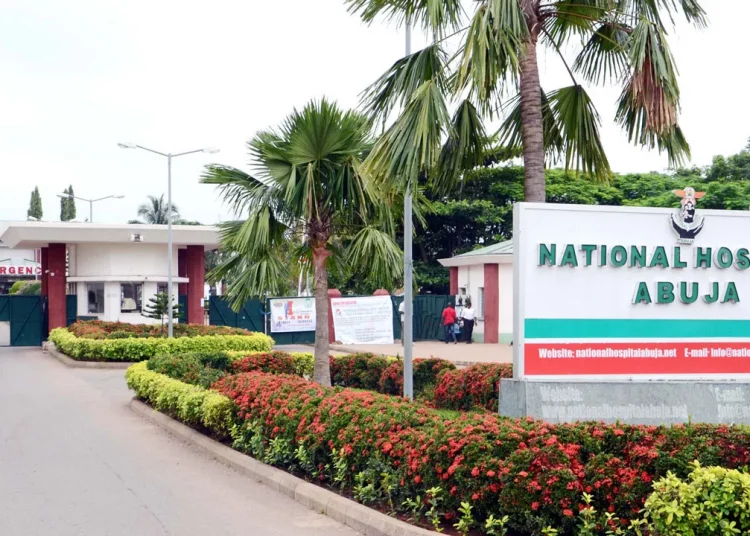The West African Society of Parenteral and Enteral Nutrition (WASPEN) has called on the federal government to establish a multi-sectoral national task force to combat hospital-related malnutrition and strengthen nutrition care across Nigeria.
The president and founder of WASPEN, Dr. Teresa Pounds, who made the call during a virtual media briefing ahead of the WASPEN 2025 Clinical Nutrition Conference, stressed that nutrition must be treated as a fundamental component of patient care.
She warned that the persistent gap between hospital and community nutrition support was costing lives, particularly among the most vulnerable populations.
“Malnutrition often goes unnoticed in hospitals, yet it has a serious impact on recovery and survival. We need clear policies, stronger inter-sectoral coordination, and an inclusive task force to address this silent crisis,” she said.
She noted that many patients discharged from hospitals continue to suffer from poor nutrition due to weak follow-up systems and the absence of support in their communities. Dr. Pounds expressed hope that the 2025 conference would spark meaningful dialogue and drive policy changes to bridge these gaps.
The three-day conference, themed “Bridging the Gap: Integrating Hospital and Community Malnutrition Care in Developing Countries,” is set to take place in Abuja in June 2025. It will convene doctors, dietitians, nutritionists, policymakers, public health experts, and industry stakeholders to explore solutions to hospital malnutrition and discuss best practices for integrated nutrition care.
The event, organised in collaboration with the National Hospital Abuja, will also address persistent challenges such as shortages in essential nutrition supplies and the need for stronger clinical guidelines.
Dr. Pounds emphasised that nutrition support services should be made more accessible, particularly for vulnerable patients such as children, the elderly, and those with chronic illnesses. She also called for enhanced nutrition education in medical and nursing schools to ensure early detection and effective management of malnutrition in hospital settings.
“Tackling hospital malnutrition requires a multidisciplinary approach. It’s not just the job of dietitians; doctors, nurses, policymakers, and the entire health system must get involved,” she said.











